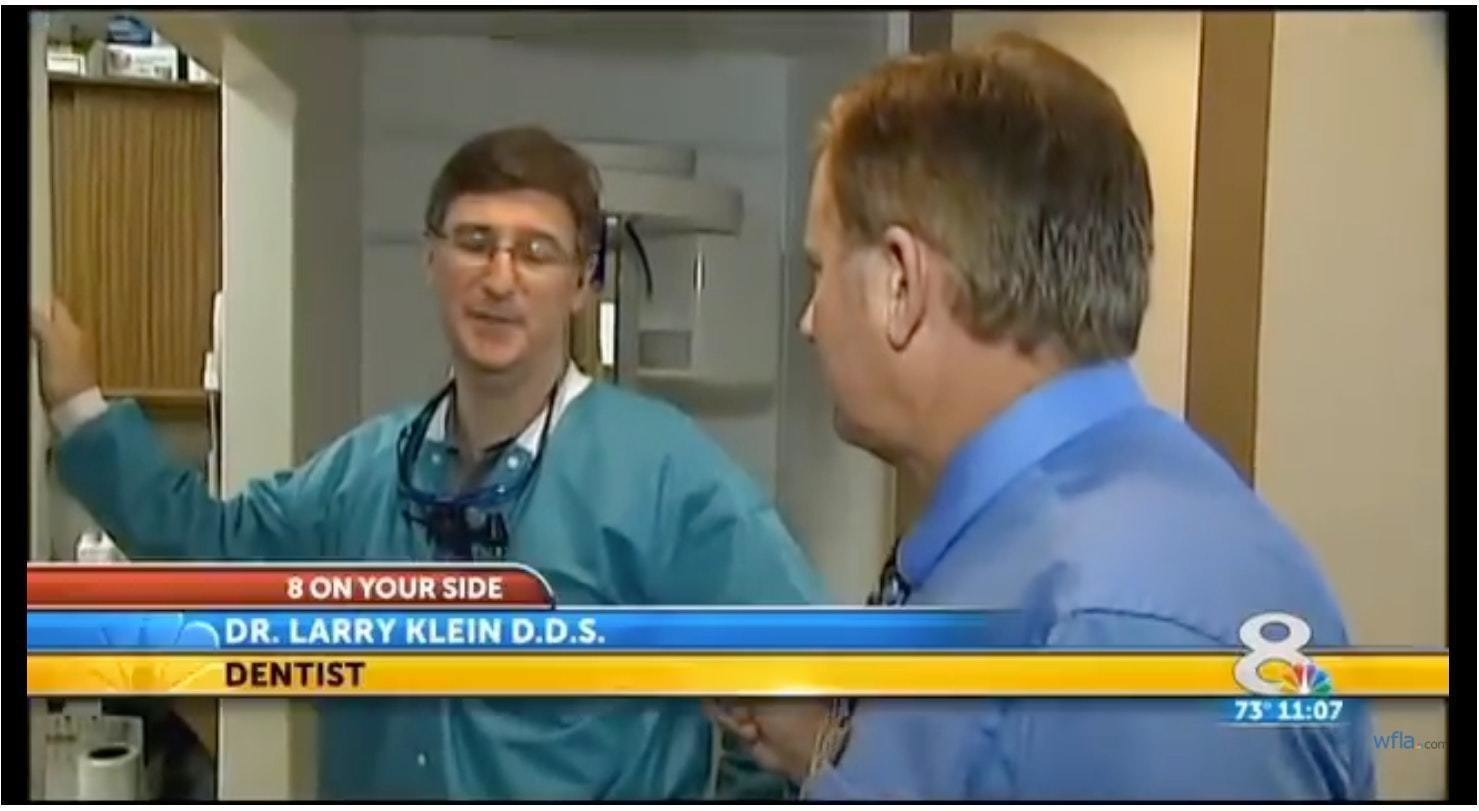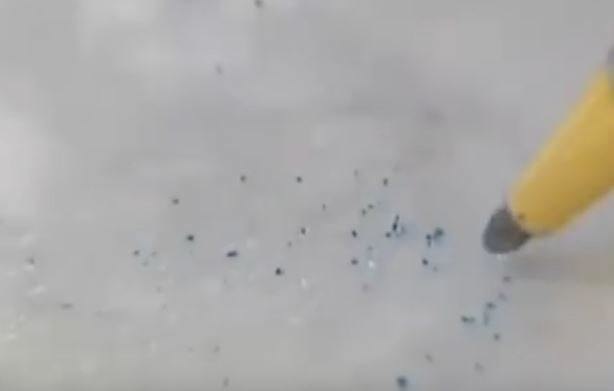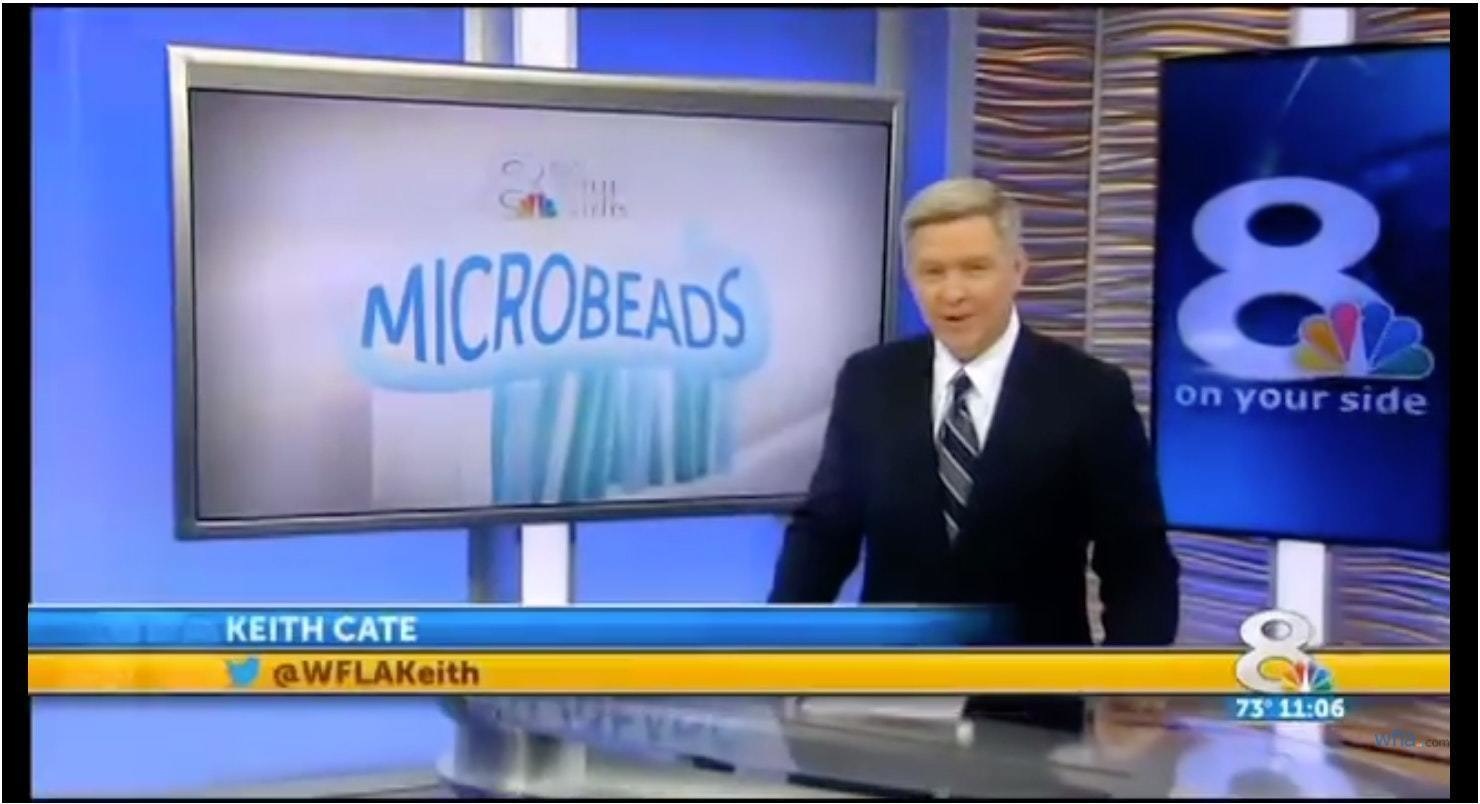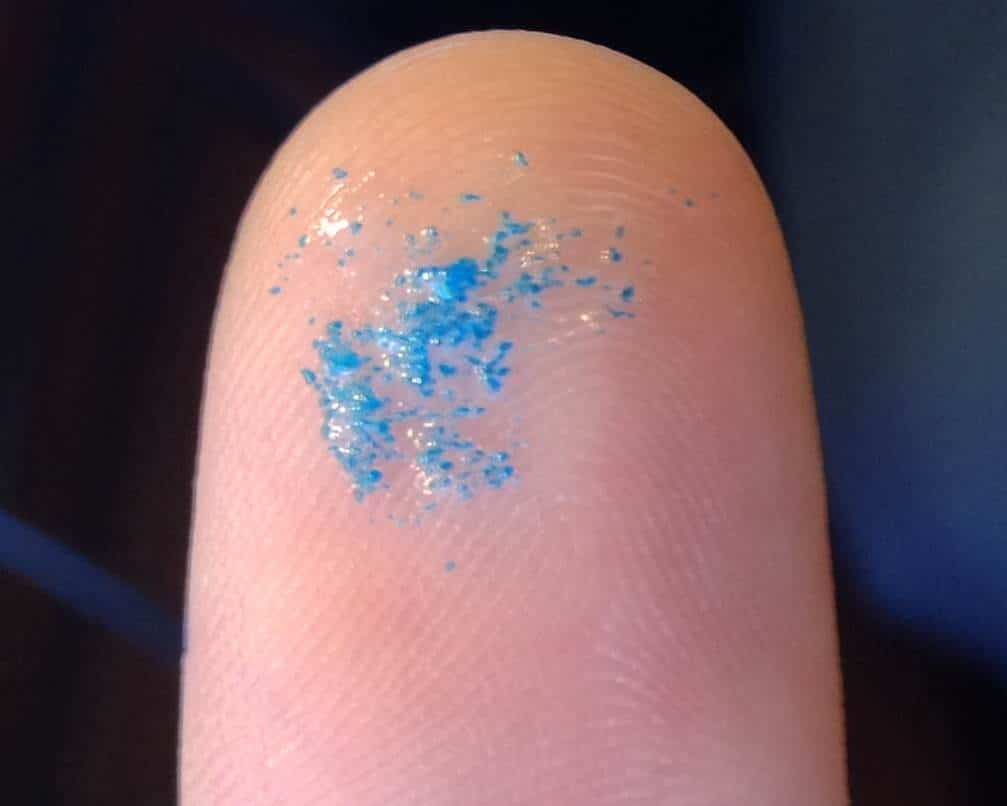
How Come?
These microbeads are made of polyethylene. The beads are not only in Blaire’s toothpaste but in most of the other Crest Pro-Health. As per, Dr. Klein these beads aren’t as dissolvable as we might have thought. And they can very easily get stuck in our teeth and stay there for much longer than anyone can imagine. Blaire and Sally were stunned and just couldn’t believe what they were listening.
Absolutely Shocked
Sally told in an interview that she was “surprised to hear that this was going on.” Even Blaire regretted about not knowing this beforehand. “Why haven’t we heard about this before, why are we just finding this out now?” She questions. They asked questions that will rise in anyone’s head. Although not all of their questions were answered a news channel were soon going to search for answers on behalf of all the people who needed answers.
Figuring Out The Truth
A local news channel, WFLA started got the news of what happened with Blaire. A team of reporters started investigating about the toothpaste with the help of an experiment. They out the toothpaste in a coffee filter and started hot water on it. After a few minutes also, the beads weren’t dissolved and were still in the filter. The journalist doubted that this might have happened to many people before and their guess was right!
Quite Often
The reporters went on interviewing various dentists in the Tampa Bay area, and they realized that this happens quite often. The dentists told that this is a common scene with their patients nowadays. “Over a period of time, you get bacteria that build up around it, it’d get inflamed. It could be potentially a problem,” explained Dr. Klein. But why are these beads even there?
Don’t Serve A Purpose

“It doesn’t help with the cleaning, it doesn’t help with the flavor. It’s just for decoration,” tells Dr. Klein. According to him, we should use brands that are without any microbeads. He was quite certain that these beads are just useless. And what about Blaire’s teeth?
Lucky Enough
Luckily, the bead was removed from Blaire’s teeth without too much pain. Blaire returned home with a lot of unexpected information that day. When the American Dental Association were informed and asked if something should be done about it they said: Not really.





